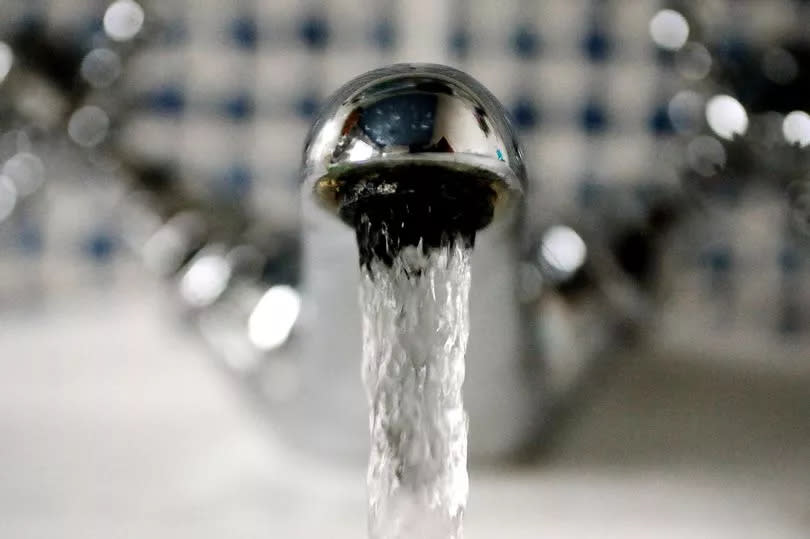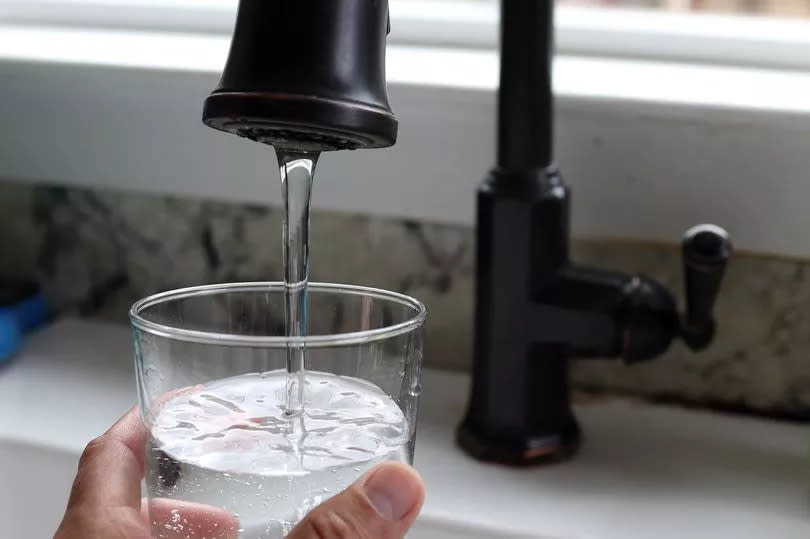Household water bills set to rise with proposed new costs outlined

Household water bills in England and Wales are set to rise by an average £19 a year over the next five years, but water companies wanted more, it was revealed today.
The figure is a third less than the increase requested by companies, under draft proposals announced by Ofwat. The regulator said water firms proposed increases averaging £144 over five years.
"These bills will be £44 lower per year than what companies proposed, on average," said Ofwat in its ruling on Thursday.
READ MORE: M62 LIVE traffic updates as motorway fully SHUT after serious crash
For example, Thames Water's proposed increase of £191 by 2030 has been reduced to £99, while Severn Trent's proposed rise of £144 has been cut to £93.
"Average bills will rise by £19 per year for water and wastewater companies, before inflation. These bills will be £44 lower per year than what companies proposed, on average," said the regulator.

Ofwat chief executive David Black said: "Customers want to see radical change in the way water companies care for the environment. Our draft decisions on company plans approve a tripling of investment to make sustained improvement to customer service and the environment at a fair price for customers.
"These proposals aim to deliver a 44% reduction in spills from storm overflows compared to levels in 2021. We expect all companies to embrace innovation and go further and faster to reduce spills wherever possible.
"Today’s announcement also increases the resilience of our water supplies to the impact of climate change and will reduce how much water is taken from rivers by enabling a range of long-term water supply projects, which includes plans for nine reservoirs.
"Let me be very clear to water companies – we will be closely scrutinising the delivery of their plans and will hold them to account to deliver real improvements to the environment and for customers and on their investment programmes.”

 Yahoo News
Yahoo News 
